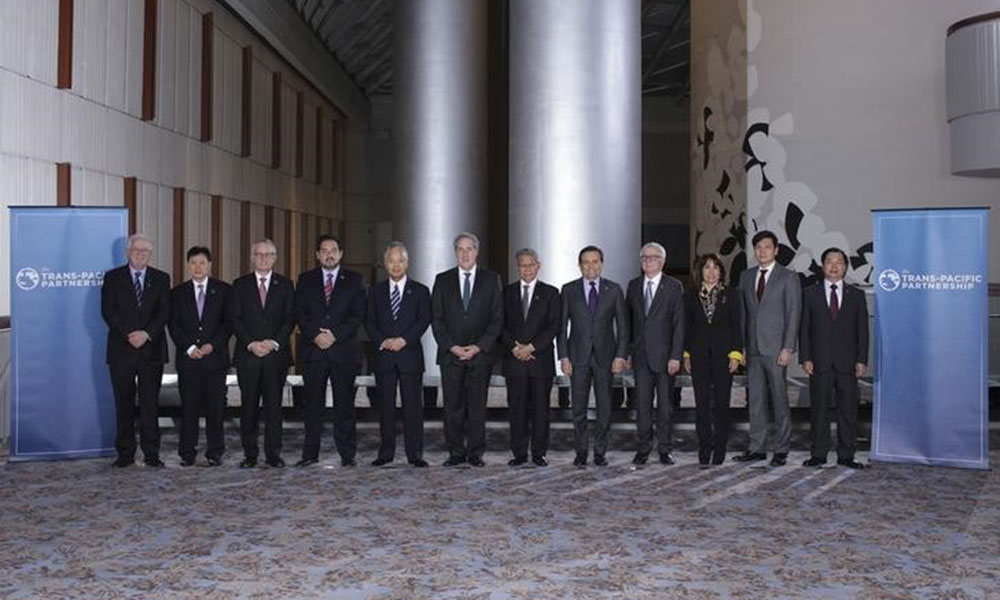
Associations Sound Off on Trans-Pacific Partnership
The landmark trade deal announced Monday between the U.S. and 11 Pacific Rim countries has significant implications for the global economy. Though the TPP faces opposition in Congress, associations are already speaking out---pro and con---about its impact on their industries.
The Trans-Pacific Partnership made a big leap toward adoption this week, and associations in a wide array of industries reacted quickly to the news that the U.S. and 11 Pacific Rim nations had reached agreement on Monday, after years of negotiations.
The Oregon Cattlemen’s Association is a big proponent of the deal, seeing it as a way for Oregon producers to widen the scope of their operations. “We believe TPP will provide one more tool in our saddlebags to compete on the world stage,” OCA President Ray Sessler told My Central Oregon. “In the long run, we expect the agreement to add some stability to the market.”
As part of the agreement, major tariffs on beef and sheep meat would drop dramatically, from 38.5 percent to 9 percent over 15 years. That change would save the industry $72 million dollars, according to Tim Ritchie, chief executive of the Meat Industry Association of New Zealand.
Cattlemen won’t be the only members of the agriculture industry to possibly benefit from the deal. Under the agreement, American dairy farmers would be able to sell their products in Canada, a market that’s difficult to enter, as The New York Times has reported.
The Mining Association of Canada, excited by the prospect of helping the Canadian mining sector maintain a competitive position in the global market, also announced its support of the partnership. “The rest of the world looks to Canada as a leader when it comes to mining,” MAC President Pierre Gratton said in a statement. “Part of maintaining that global leadership is ensuring that the Canadian mining and supply sectors have access to modern and comprehensive trade and investment vehicles to meet the world where it does business.”
But not all industries welcomed the news of the deal. One of largest obstacles in negotiations involved a disagreement over pharmaceutical company intellectual property rights. While the U.S. urged a 12-year period in which companies would have exclusive rights to brand-name biologic drugs, other countries would not settle for more than five.
The final agreement allows countries to choose between “eight years of full exclusivity or five years of data exclusivity plus three years of semi-exclusivity,” according to Fortune magazine. Jim Greenwood, president and CEO of the Biotechnology Industry Organization, one of the largest biotech trade associations, said the provision “has the potential to chill global investment and slow development of new breakthrough treatments.”
A battle over the deal is brewing in Congress, and the Pacific Rim countries also must ratify the agreement before it goes into effect.
(Trade ministers from Pacific nations seen during negotiations over TPP. Credit: USTR Press Office)






Comments